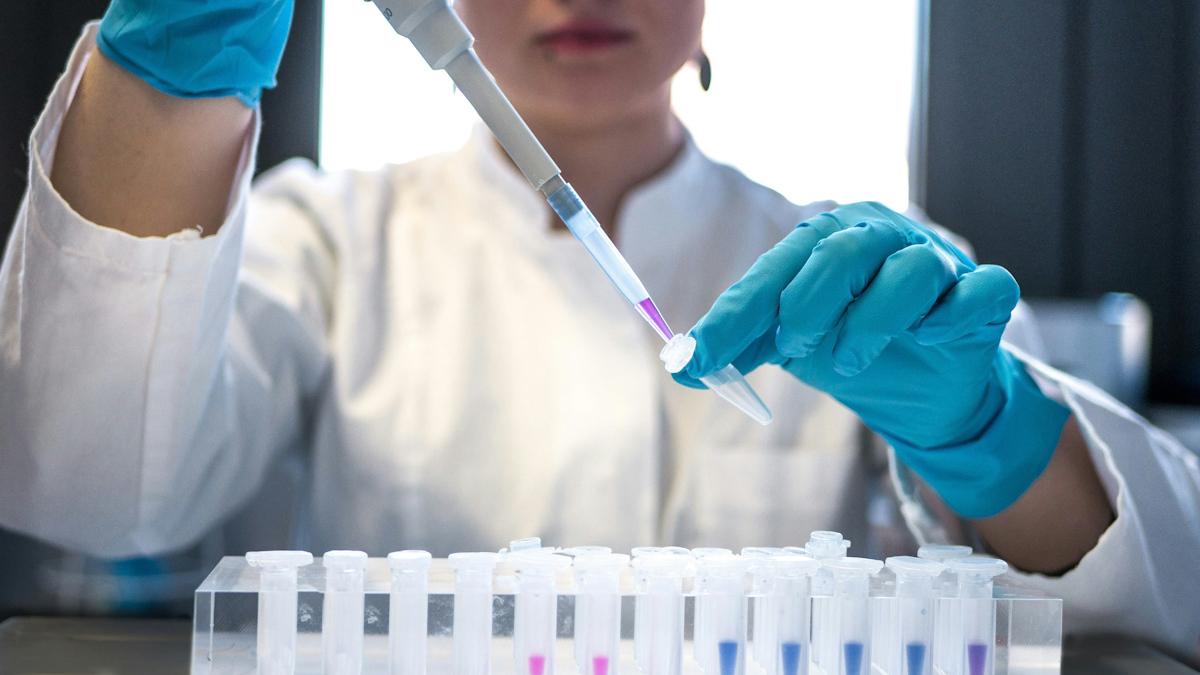Brexit 'an opportunity for UK pharma'

Brexit will allow UK pharma to rid itself of the bureaucracy of Europe’s drug regulation system and a culture that is failing to nurture innovation, according to one independent thinker.
The pharmaceutical industry in the UK, Europe and the US were more or less unanimous in backing the 'Remain' campaign, found themselves out of step with the majority of UK voters, 52% of whom backed leaving the European Union.
One of the few pro-Brexit voices within the industry has been Mike Rea, chief executive of 'path-to-market' consultancy IDEA Pharma. He says the UK should be prepared to take a short term economic hit in return for a more dynamic economy in the longer term.
Since the UK’s landmark vote to leave the EU, pharma and the business world have been coming to terms with the many uncertainties it has created.
As widely reported, Brexit will involve the government invoking article 50 of the Lisbon Treaty, a legal step never taken before.
Following this there will be a series of negotiations with the EU, many of which will affect pharma industry. A major issue is whether the UK will remain part of the European drugs regulation system, and whether the European Medicines Agency will stay in London.
Rea, whose company specialises in getting mid-stage products to market, argued that the UK take the opportunity to cut drug regulation red tape.
The US is faster at approving drugs and too many medicines are failing to make it through the European system. Brexit could lead to a less bureacratic system, said Rea, perhaps by using other countries, either in the EU or outside, as a reference.
“We are losing quite a lot of drugs for a number of reasons in Europe. Lots of them are not made public because decisions are taken in the pipeline,” he said.
He put forward the argument made by businesses and politicians backing Leave that the UK should seek to build trading relationships with the rest of the world, noting that there is low economic growth rate across much of Europe.
Rea said: “If we do the right thing we should be able to become more of a global player than a member of a trading block.”
“The outlook for the UK biotech industry is still very strong. There will be a period of instability while people figure whether they want to invest,” he added.
Another major concern is the future of science projects that are EU-funded, which are already coming into question amid rumours that money from the 80 billion euro Horizon 2020 pot could be pulled from the UK.
UK science minister Jo Johnson has already raised concerns about this – but Rea said that in the long term biotechs should look to the pharma industry, rather than the EU, for cash to kick-start projects.
He said: “The question is whether chasing government funding is a healthy situation for anyone to find themselves in.
“The pharma companies are good at deciding how to spend their money. We have seen next to no good from publicly funded research, very little has made it to market.”
Life Sciences minister George Freeman is to convene a special Brexit taskforce this week to help minimise the uncertainty for business and create a plan for the life sciences sector.
One significant initiative already announced to help counteract concerns about the UK's attractiveness is Chancellor George Osborne's plan to cut corporation tax to just 15%. This is 5% lower than the current 20% rate, and would give the UK the lowest corporation tax of any major economy.
However the challenge of the UK retaining as much access as possible to the EU single market against wished-for restrictions on immigration is the big question - any progress towards negotiation must wait for the Conservative party to appoint a new leader and prime minister.













